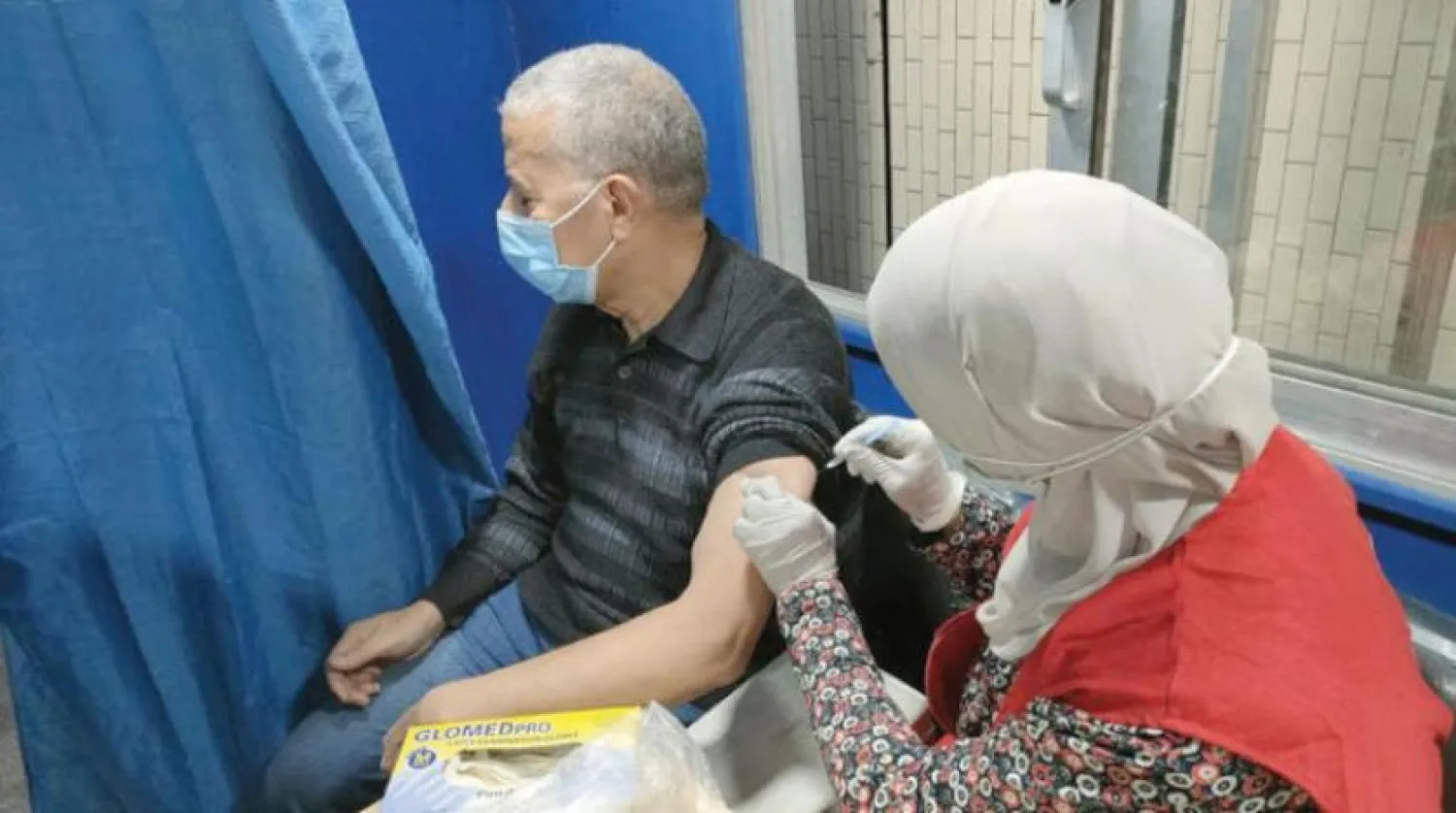Egypt has set up additional COVID-19 inoculation sites inside metro and train stations as part of its expanded vaccination campaign to curb the spread of the pandemic
The Health Ministry recorded 803 new coronavirus cases on Thursday, upping the total number of confirmed infections since the outbreak began in the country to 366,634.
The Ministry said 42 patients have died from the disease, raising the death toll to 20,919, while the number of recovered cases amounted to 304,747.
It called on citizens to take the coronavirus vaccine to be protected against the disease.
Health authorities have urged citizens to continue to abide by the preventative measures including wearing facemasks, maintaining social distancing, washing hands regularly, and avoiding crowded places.
The Ministry stressed that the vaccine may not prevent infection, but it can impact disease severity, affirming that all types of vaccines approved by the World Health Organization are available.
It issued a statement advising people to isolate themselves once they feel they have flu symptoms and head directly to the hospital in case they had any respiratory problems.
“Twenty-three public hospitals and 21 university hospitals have been transformed into isolation centers for COVID-19 patients,” the statement read, despite the drop in the number of cases that require hospital admission.
Health Ministry Spokesperson Hossam Abdel Ghaffar pointed out that Egypt has not yet reached the peak of the fourth wave of the pandemic.
He called on citizens to get vaccinated and protect themselves and the society.









